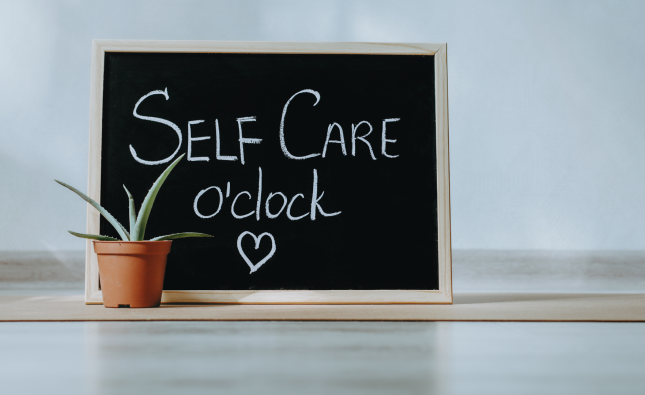
Gray hair is commonly associated with aging, but what happens when you start noticing those silver strands at a young age? While it’s not uncommon for some individuals to develop gray hair in their 20s or 30s, it can be a cause for concern for others. In some cases, premature graying of hair can be a sign of underlying health issues that need attention. Let’s explore some possible reasons for gray hair at a young age and the associated health concerns.
1. Genetics:
One of the primary factors contributing to premature graying is genetics. If your parents or close relatives experienced early graying, there’s a higher chance that you may also develop gray hair at a young age. Genetic factors play a significant role in determining the rate at which your hair loses its pigment.
2. Stress:
Excessive stress can have a detrimental impact on your overall health, including your hair. Studies have suggested a link between stress and premature graying. Chronic stress can disrupt the normal functioning of melanocytes, the cells responsible for producing hair pigment. This disruption can lead to the premature loss of pigment and the appearance of gray hair.
3. Nutritional Deficiencies:
A balanced diet is crucial for maintaining healthy hair. Nutritional deficiencies, particularly deficiencies in vitamins B12, D, and E, as well as minerals like copper and zinc, can contribute to premature graying. These nutrients play a vital role in maintaining the health and pigmentation of hair follicles.
4. Autoimmune Disorders:
Certain autoimmune disorders, such as vitiligo and alopecia areata, can cause premature graying. These conditions occur when the immune system mistakenly attacks the hair follicles or pigment-producing cells, leading to hair loss and graying.
5. Thyroid Disorders:
Thyroid imbalances, such as hypothyroidism or hyperthyroidism, can affect the pigmentation of hair. Hypothyroidism, in particular, has been associated with premature graying. Thyroid hormones play a role in the production of melanin, the pigment responsible for hair color.
6. Smoking:
Smoking has been linked to premature graying. The harmful chemicals in cigarettes can damage the DNA in hair follicles, leading to premature aging and graying of hair.
If you’re experiencing premature graying and are concerned about your health, it’s essential to consult a healthcare professional. They can evaluate your symptoms, conduct necessary tests, and provide appropriate guidance and treatment options.
It’s important to note that not all cases of premature graying are indicative of underlying health issues. Sometimes, it can simply be a natural variation or result from external factors like excessive use of hair dyes or styling products.
In conclusion, while premature graying can be distressing, it doesn’t always indicate a serious health problem. However, if you notice sudden or rapid graying, it’s advisable to seek medical advice to rule out any underlying health conditions. Taking care of your overall health, managing stress levels, and maintaining a balanced diet can contribute to healthy hair and delay the onset of gray hair, regardless of age.










